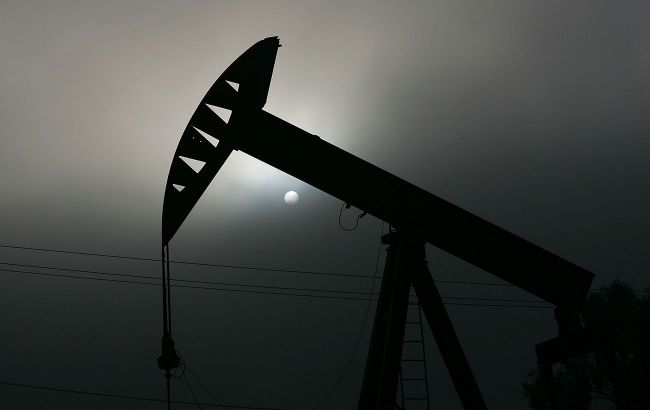Members of G7 may review price ceiling on Russian oil - US Treasury Ministry
 File photo: G7 members may review Russian oil price ceiling (Getty Images)
File photo: G7 members may review Russian oil price ceiling (Getty Images)
Members of the G7 may review the upper price limit on Russian oil. This will depend on market conditions or other factors, stated the acting assistant secretary for terror financing at the US Treasury, Anna Morris.
As part of the extensive sanctions mechanism against trade in Russian oil, the United States imposed sanctions in February on the Russian state-owned shipping company Sovcomflot and 14 of its oil tankers involved in transporting Russian oil.
Morris stated that the sale of petroleum products to Western countries, produced from Russian oil, does not violate sanctions.
"Once Russian oil is refined, from a technical perspective it is no longer Russian oil. If it is refined in a country and then sent forward, from a sanctions perspective that is an import from the country of purchase it is not an import from Russia," she said.
Oil trade between Russia and India
Assistant Secretary of the US Treasury for Economic Policy, Eric Van Nostrand, stated that Washington did not ask India to reduce its import of Russian oil.
According to him, the purpose of the sanctions and the G7-imposed price limit of $60 per barrel is to ensure stable global oil supplies while simultaneously causing damage to Moscow's revenues.
Nostrand stated that buyers can purchase Russian oil at higher discounts outside the price limit mechanism if they do not use Western services such as insurance and brokerage services.
Sanctions against the oil sector of the Russian Federation
The countries of the Group of Seven (G7), the EU, and Australia imposed a price ceiling on Russian oil delivered by sea at $60 per barrel. Similar restrictions on the supply of oil products from Russia began to apply from February 5, 2023.
The maximum price was set at $100 and $45 per barrel depending on the category of oil products. It is reported that changing these restrictions requires the consent of all EU member states and G7 countries.
Later, sanctions from Western countries led to half of Russian oil and oil product exports in 2023 going to China, while India's share increased to 40% over two years. Europe's share in Russian oil exports fell tenfold - to about 4-5%.
It was previously reported that Japan and other G7 countries plan to strengthen compliance rules for importers of Russian oil from February 20.

